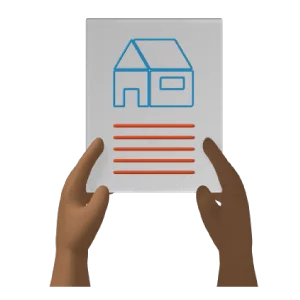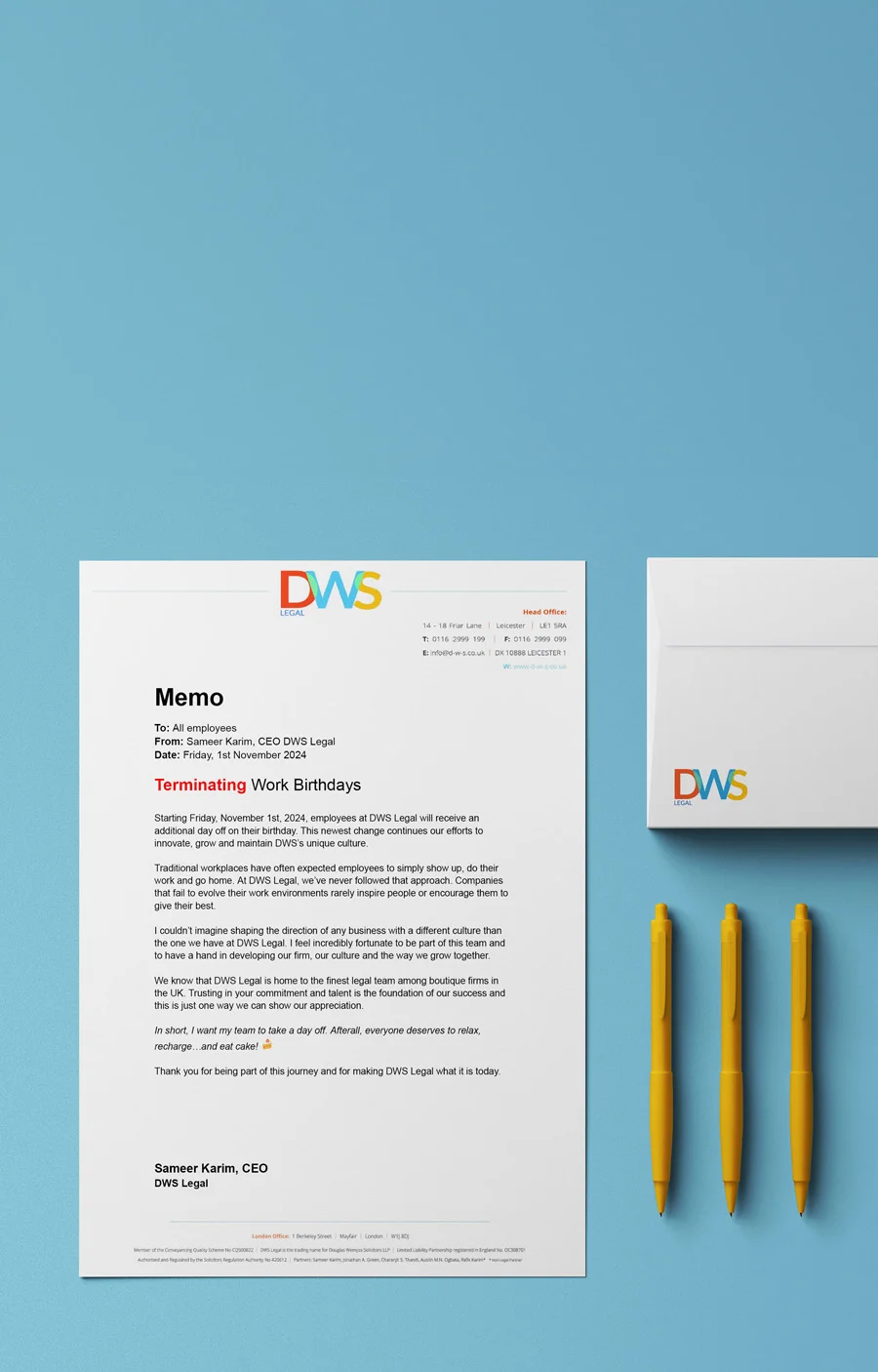Cohabitation Law: Understanding Where You StandThe law on cohabitation in the UK can be hard to understand and navigate. Today we've put together a comprehensive guide to help you understand the laws surrounding cohabitation when it comes to your possessions, children and property.
It's important for these laws to be understood so that you and your partner know exactly where you stand in the eyes of the law.
Financial Support and PossessionsFirstly, it's important to understand that just because you and your partner are living together, it doesn't mean you have to financially support each other. Also, your partner has no automatic claim or right to any of your possessions or money.
Key Principles:
- Any money or possessions that were previously yours, remain yours
- Anything you buy with your money remains yours
- Anything given as a gift is also yours
- If you and your partner purchase something together – you both own it, according to the percentage of the price each person paid
Cohabitation AgreementsHaving a cohabitation agreement written out can save lots of time and money if anything goes wrong. This agreement will set out:
- How you can both contribute to a joint account
- How you plan to pay for shared expenses
- How you'll split possessions that you both buy
- What happens to joint assets if you separate
- Financial responsibilities during the relationship
Children and Parental RightsWhen it comes to children, if the couple aren't married, the legal rights differ significantly:
Mother's Rights: If the couple aren't married, the legal right of guardianship goes automatically to the mother.
Father's Rights: The father only has parental responsibility if:
- He is named on the birth certificate (for children born after 2003)
- He is registered as a legal guardian
- He obtains a legal guardianship court order with the children's mother
- He has a residence order or child arrangements order
If You Separate: Several important decisions need to be made:
- Which parent the children will live with
- The amount of contact the non-resident parent will have
- Child maintenance payments
Property RightsYour Home - Key Points:
You must bear in mind that if your partner moves into your property, it doesn't automatically give them a claim to the property.
Rented Property:
- If the house is rented, the named legal tenant remains responsible
- You may need your landlord's permission for your partner to move in
- If anything goes wrong, as the named tenant you can ask your partner to leave at any time
Owned Property:
- The same principles apply to owned property
- This can only change if the owner legally states in writing that the partner owns a share
- Or if the partner financially contributes to the property (and can prove beneficial interest)
Common Law Marriage MythImportant: There is no such thing as "common law marriage" in England and Wales. Living together, regardless of duration, does not provide the same legal rights as marriage or civil partnership.
What Happens When Relationships EndUnlike married couples, cohabiting couples have very limited rights when relationships end:
- No automatic right to property division
- No automatic maintenance claims
- Limited rights to remain in shared property
- Must prove financial contributions to claim property interests
Protecting Your InterestsEssential Steps:
- Create a cohabitation agreement - This is the best protection
- Keep financial records - Document contributions to property and expenses
- Consider joint property ownership - If buying together, decide on ownership shares
- Make wills - Cohabiting partners don't automatically inherit
- Consider life insurance - To protect your partner financially
Expert Cohabitation Legal AdviceMaking a cohabitation agreement is the best protection for cohabiting couples, and can be arranged through qualified solicitors.
For information and assistance with cohabitation agreements, property rights, or family law matters, contact our experienced team on: 0116 2999 199 or alternatively you can email us at: info@d-w-s.co.uk
Contact Us
Get In Touch Today
Do you have a legal query? Contact us for a no-obligation consultation.














.webp)









.webp)



